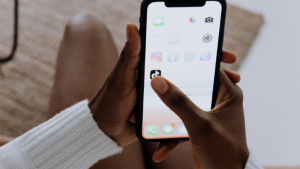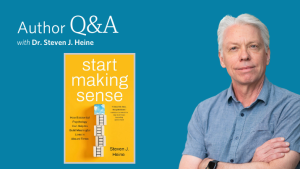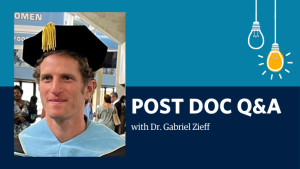Who is most likely to fall for fake news?
New research by Dr. Friedrich Götz reveals who is most at risk, as a first step toward effective strategies for counteracting misinformation.
4 actions to support a sustainable democracy: No heroism required
In the Conversation Canada, Dr. Wolfgang Linden proposes four practical actions anyone can take to support a more sustainable democracy.
Put a finger down if TikTok has made you think you have ADHD
In the Conversation Canada, psychology researchers explore the impact of TikTok on mental health awareness, particularly how it shapes perceptions of ADHD.
Dr. Jiaying Zhao receives 2025/26 Catalyzing Research Cluster Grant
Dr. Jiaying Zhao and the Decision Insights for Business & Society received second year funding through the 2025/26 Grants for Catalyzing Research Clusters.
ADHD misinformation on TikTok is shaping young adults’ perceptions
In this new research, Vasileia Karasavva and Dr. Amori Mikami analyzed 100 most-viewed TikTok videos related to ADHD.
Start Making Sense: Author Q&A with Dr. Steven Heine
In Start Making Sense, psychologist Dr. Steven J. Heine shows us how to overcome our angst and live life with purpose.
Postdoctoral Fellow Feature: Dr. Gabriel Zieff
Dr. Gabriel Zieff is a postdoctoral fellow in Dr. Joelle LeMoult’s Depression, Anxiety, and Stress (DAS) Lab.
Nature is a bipartisan love affair—if we stick to the basics
Conservatives and liberals agree on more than you might think—at least when it comes to saving nature.
The surprising reason some people can’t stand your fidgeting
New research sheds light on misokinesia, a common condition that can cause overwhelming distress for people when they see others fidget.
Scroll less, connect more: A new study shows how to make social media work for you
In the Conversation Canada, Vasileia Karasavva and Dr. Amori Mikami share how social media use can enhance overall mental well-being and foster more meaningful social connections.









